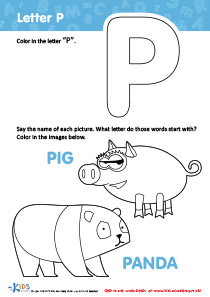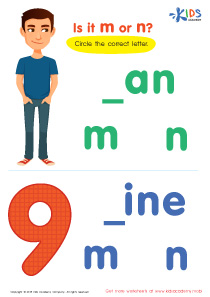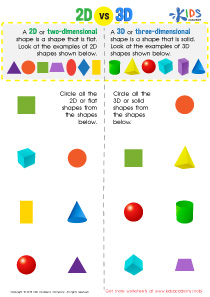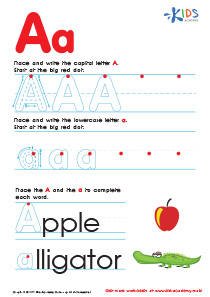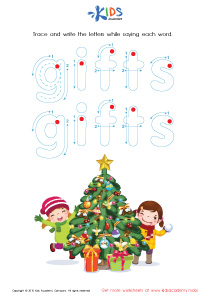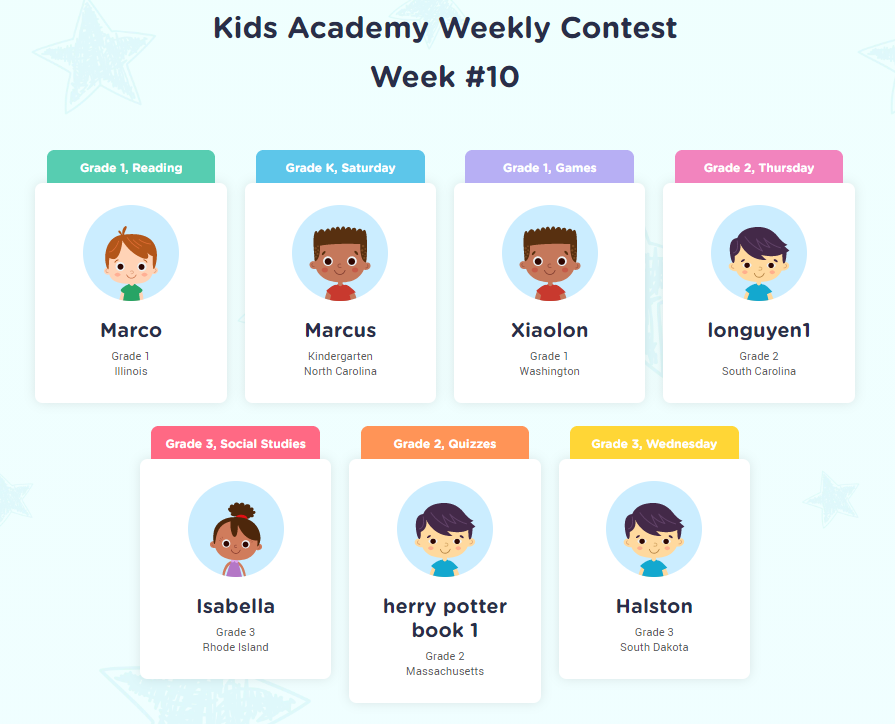Conventions of Writing Quizzes for Ages 6-7
22 results
22 filtered results
Clear all filters22 filtered results
-
From - To
Dive into the world of writing with our interactive assessment quizzes, meticulously designed for children aged 6-7. These engaging quizzes focus on the fundamental Conventions of Writing, tailored specifically for young learners embarking on their literary journey. Through a series of thoughtfully crafted questions, children are encouraged to explore punctuation, capitalization, and basic grammar rules. Immediate feedback is provided to reinforce learning and aid in the understanding of key concepts. Perfect for at-home learning or classroom enrichment, our quizzes are an exciting way to bolster your child's confidence and proficiency in the Conventions of Writing for Ages 6-7.
In the foundational years of education, the significance of mastering the Conventions of Writing cannot be overstated. Particularly for children ages 6-7, developing a strong command over writing conventions is crucial for their academic success and communication skills. Our interactive quizzes on Conventions of Writing for Ages 6-7 serve as a pivotal tool in this learning journey, offering a unique blend of education and engagement to nurture young minds.
Writing conventions encompass grammar, punctuation, spelling, and the structure that makes written content clear and comprehensible. Understanding these conventions at an early age sets the groundwork for effective writing and reading comprehension. However, teaching these concepts to children in the age group of 6-7 can be challenging, given their limited attention spans and the abstract nature of the rules. This is where our interactive quizzes come into play, transforming the learning process into a fun and engaging experience.
The quizzes are designed with the cognitive and developmental stages of 6-7-year-olds in mind, ensuring that the content is age-appropriate and accessible. Through a series of carefully crafted questions, these quizzes provide immediate feedback, which is essential for reinforcing learning and helping children understand their mistakes in real-time. This instant feedback loop not only boosts their confidence but also encourages a positive attitude towards learning and making mistakes.
Our interactive quizzes cover a wide range of topics under Conventions of Writing for Ages 6-7, including basic punctuation marks like periods, question marks, and exclamation marks, capitalization rules, simple grammatical structures, and spelling. Each quiz is themed around interesting subjects and stories that capture children's imagination, making the learning process enjoyable rather than a chore.
Moreover, the interactive element of our quizzes is instrumental in holding the attention of young learners. With the inclusion of colorful graphics, animations, and sounds, children are more likely to engage with the content for longer periods. This engagement is critical in ensuring that the learning objectives are met.
Another advantage of our interactive quizzes is the adaptability to individual learning paces. Children can take these quizzes multiple times, allowing them to learn at their own pace without the pressure of keeping up with peers. This self-paced learning encourages a deeper understanding of writing conventions, as children can spend more time on concepts that they find challenging.
Furthermore, these quizzes provide an excellent opportunity for parents and teachers to monitor the progress of their children or students. By observing quiz outcomes, they can identify areas where their child or student may need additional support, facilitating a more tailored and effective learning strategy.
In conclusion, our interactive quizzes on Conventions of Writing for Ages 6-7 are an invaluable resource for teaching young children the foundational skills of writing. By combining education with entertainment, these quizzes not only make learning enjoyable but also more effective, laying a strong foundation for children's future academic and personal success in the realm of communication.
